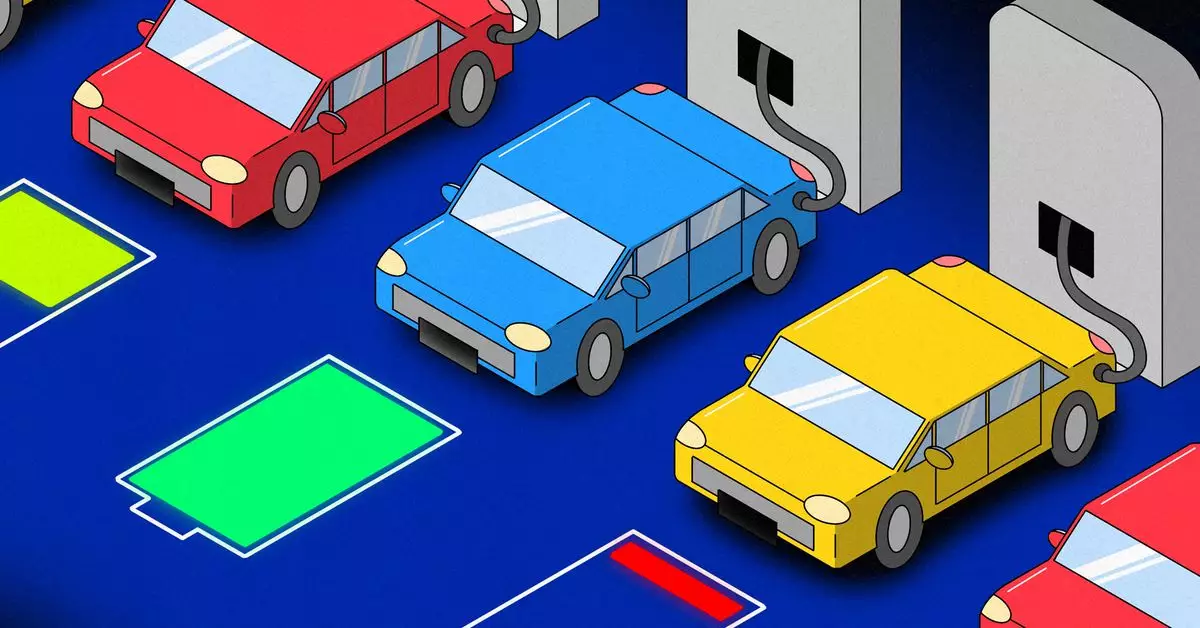When it comes to electric vehicles (EVs), one of the common selling points touted by manufacturers is that they require less maintenance compared to traditional gas-powered vehicles. The promise of no oil changes, less gunk, and fewer moving parts may sound enticing, but the reality is quite different. EVs are essentially like giant computers on wheels, and as we all know, computers are not immune to problems.
The latest quality study conducted by JD Power raises some concerns about the reliability of electric vehicles. In the survey, it was found that battery-electric and plug-in hybrid vehicles consistently performed worse than their gas-powered counterparts in almost every repair category. The reported problems per 100 vehicles (PP100) for EV owners were significantly higher than those for internal combustion vehicle owners, indicating a higher rate of issues with EVs.
According to Frank Hanley, senior director of auto benchmarking at JD Power, EV owners are experiencing problems that are severe enough to warrant a trip to the dealership at a rate three times higher than that of gas-powered vehicle owners. The majority of these problems are related to the tech aspects of EVs rather than the mechanics, highlighting the challenges posed by the complex systems integrated into these vehicles.
Tesla’s Fall from Grace
While Tesla has historically outperformed legacy automakers in JD Power surveys, the gap has now closed, with the electric automaker rating just as poorly as its competitors. This shift in performance can be attributed to major design changes in Tesla vehicles, such as the removal of traditional feature controls like turn signal and wiper stalks. However, the primary source of complaints from Tesla owners seems to be related to the tech features of the vehicles.
Issues with false warnings, inaccurate alerts from driver-assist systems, and problematic infotainment touchscreens are causing frustration among Tesla owners. The increasing complexity of automotive software is exacerbating these problems, as the industry rushes to incorporate more features into their models. EVs are experiencing 30 percent more problems with “Features, Controls, and Displays” compared to internal combustion engine (ICE) vehicles, reflecting the challenges associated with integrating advanced technology into vehicles.
The brands that recorded the fewest problems in the JD Power survey are those that tend to have the most loyal customer base. Truck owners, in particular, are known for their brand loyalty, with Ram being rated as the top brand in terms of reliability. Customers who purchase vehicles from brands with a strong reputation for quality are more likely to have a positive ownership experience compared to those who opt for newer brands or powertrains.
Ultimately, the transition from traditional gas-powered vehicles to high-tech EVs is proving to be a challenging one for both automakers and customers. As the industry grapples with the complexities of integrating advanced technology into vehicles, customers are finding themselves caught in the middle, dealing with a myriad of tech-related issues that can detract from the overall ownership experience.


Leave a Reply